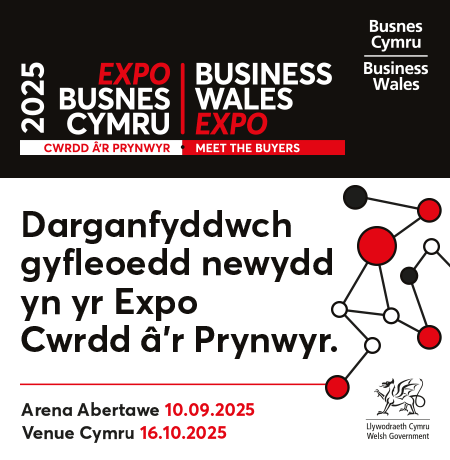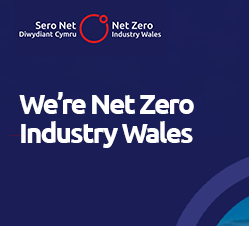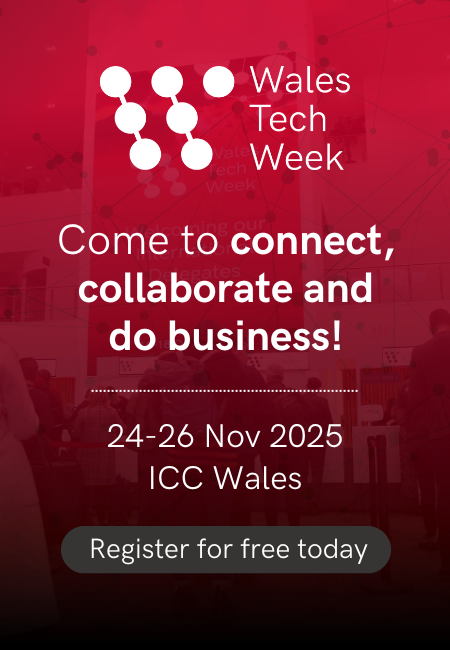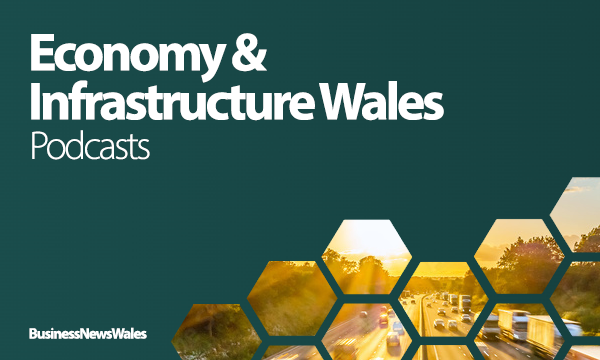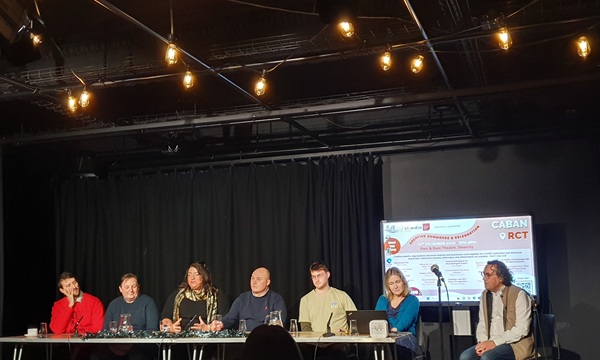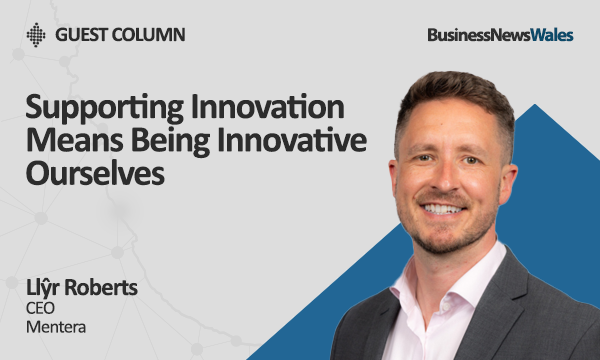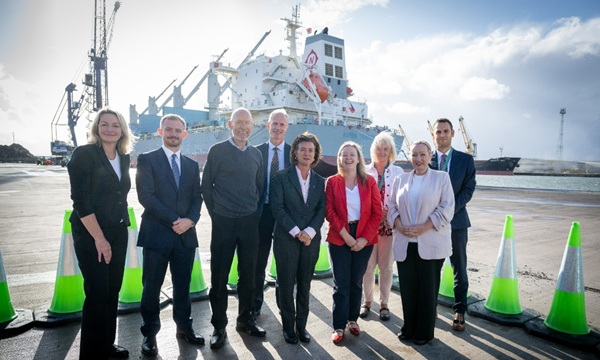A clearer timeline is needed for businesses and education providers to be ready to capitalise on opportunities created by renewable energy schemes, Freeports and investment zones.
Speaking to Business News Wales for the Economy & Infrastructure Wales podcast Tom Sawyer, CEO of Port of Milford Haven, said Wales was in a “critical phase of execution” with government and industry understanding what needed to happen to bring to fruition projects such as floating offshore wind (FLOW) in the Celtic Sea.
He welcomed the creation of an offshore wind task and finish group by the Welsh Government’s Cabinet Secretary for Economy, Energy and Planning, Rebecca Evans, as well as the make-up of an industry board convened by Welsh Secretary Jo Stevens.
“We must win this prize for Wales,” said Tom. “This is now about execution, as I think there is a clear understanding in Welsh Government and UK Government that we are into a critical phase of execution that will either win or lose this opportunity for Wales.”
Ben Cottam, Head of Wales at the Federation of Small Businesses (FSB), echoed Tom’s views, saying there is a need for a clearer discussion now on the opportunities which could be fast approaching for homegrown firms, especially SMEs.
“Whether it's floating offshore wind, or offshore wind in all its varieties, or the Freeports or whether it's the investment zones, so many of our members still don't know what it means, let alone means for them,” said Ben.
“There's so much theory about what these investment models could be rather than a lot of hard practical detail.”
Tom continued:
“Until we get that coherent demand signal and we know which industries want to base in our two Freeport areas in Wales then we just have to be ready to respond.
“A big worry for me is the 2,000 to 3,000 people that are looking for skilled work out of Tata Steel in Port Talbot right now. We all have an obligation to try and accelerate things so that those people – many of whom are the absolute prime of their working lives – can be reabsorbed into the economy and be productive again.”
Tom praised the work of Pembrokeshire College, citing various initiatives designed to get students ready for work in the renewables sector as well as actively involving females in traditionally underrepresented sectors, with a particular focus on energy and construction.
He said:
“I am confident we will have a workforce ready to serve this exciting industry. We owe it to them to ensure those opportunities are ready for them when they leave education.”
Ben described a North Wales business which had developed a specialism in training modules for the onshore wind sector.
“We want to see more businesses understanding what their niche is and then being really prominent in pitching that into the sorts of organisations that are going to lead these projects,” he said. “The big challenge is businesses knowing when the starting gun is fired – knowing when to move and when they can actually seek investment to pivot.”
Tom also called for more visibility of planned future FLOW leasing rounds in the Celtic Sea to kickstart investment and supply chain opportunities.
“The thing I hear…from everybody is there is no shortage of capital to invest,” he said. “There are trillions of pounds available. There is no shortage of willingness to place supply chain in Wales, which is what we want people to do. The challenge is the long-term investable timescale of 25+ years of assured giga wattage out of the Celtic Sea. That's absolutely critical to us, and if we don't get that, then it's going to be challenging in terms of that investment timescale.”
Ben also called for continued partnership working to ensure that momentum is not lost as next year’s Senedd election approaches.
He said:
“It’s about making sure that we have an election-proofed machinery to make sure that we don't lose pace, because this does require Welsh and UK Governments to move together. It feels already like a pre-election period and people will become distracted with that. So it's important that the machinery is still working in the background to make sure that we're still working at that pace nevertheless.”



